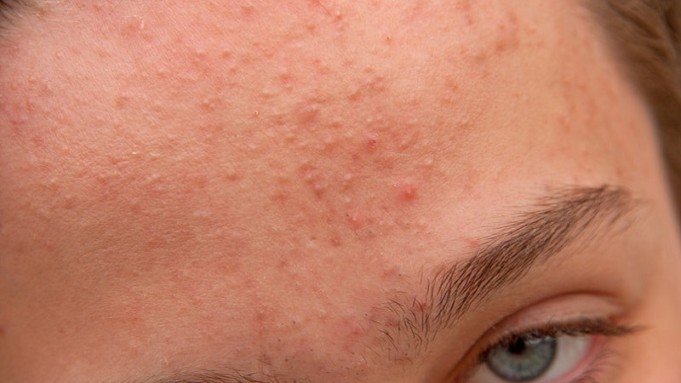Acne is supposed to be a condition only teenagers have to suffer. However, some people suffer from acne in their adult years as well. Women, more than men, are more likely to suffer from hormonal acne. It is a condition that doesn’t seem to go away, no matter what you do.
What is Hormonal Acne?
The term “hormonal” acne can be a bit misleading. Most adults think the acne they have is a result of hormones. Women tend to experience breakouts close to their monthly period, which can be caused by changing hormones. Though hormonal imbalances may play a role, the causes of adult acne are varied. Naturally oily skin, excessive sugar consumption, stress, and bad hygiene habits, among others, can contribute to adult acne.
Find a Good Dermatologist
Rather than speculating what may be causing acne in your thirties and forties, it’s very important to find a good dermatologist and get a diagnosis. GunterMD Dermatology & Skin Cancer Center, for example, specializes in treating rather severe forms of acne in both teens and adults.
If your adult acne is more serious than a few pimples a month, you should not put off seeing a dermatologist. Some forms of adult acne are caused by diseases like polycystic ovary syndrome. So seeing a dermatologist for acne may help you prevent another serious condition.
Treatments for Adult or Hormonal Acne
There are various treatments for adult acne. Some are dermatologist recommended, while others you can try at home. Here is a list of treatments and prevention methods that will help you achieve clearer skin:
Birth Control Pills
Oral contraceptives are possibly the most popular way to treat hormonal acne in women. Birth control pills can regulate the menstrual cycle in a manner that does not cause oil glands to excessively produce sebum.
The FDA approves certain pills, like Ortho Tri-Cyclen, Beyaz, and Yaz, for treating acne as well. You should not self-treat your adult acne with contraceptive pills. You should first seek a dermatological diagnosis from an accredited clinic like GunterMD Dermatology. Taking these pills for acne does carry risks, such as blood clots. So a doctor should prescribe these to you.
Aldactone
Aldactone (medically known as spironolactone) is a prescription medication typically used to treat high blood pressure. The drug can also block the absorption of androgen hormone, which can cause adult acne by increasing the amount of testosterone in the body. If your acne is directly related to these hormones, you may benefit from an Aldactone prescription.
Blue Light Therapy
Blue light therapy is a relatively new form of acne treatment. It’s a method where powerful light rays are shone on the infected site which can kill bacteria that causes acne. It’s usually recommended for severe acne. You may be required to use topical Levulan when undergoing this treatment. Blue light therapy is more affordable than traditional photodynamic therapy so it’s a desirable option for many.
Retinoid Creams
Retinoids are derivatives of vitamin A that come in a cream form you can apply to your skin. Retinoids are known to unclog blocked pores and treat conditions like whiteheads and blackheads. Those suffering from severe adult acne benefit from topical retinoids the most. You need a prescription for most effective topical retinoids like Retin-A and Tazorac. Retinoids have anti-wrinkle properties too, so older adults can benefit in two ways.
Topical Antibiotics
The root cause of acne is bacteria that are present on your skin. Acne occurs when these bacteria go into vulnerable pores of your skin and cause inflammation. Therefore, antibiotics are a highly effective treatment for acne.
Topical antibiotics that you can apply onto your skin are better than oral antibiotics, which can cause resistance. You will need to see a dermatologist that will prescribe you the right topical antibiotic.
Salicylic Acid
Salicylic acid is the ingredient most commonly present in acne face washes, scrubs, creams and everything else. Salicylic acid is proven to act against bacteria that cause acne. For adult acne, you will need a dose of around 2 percent, which is stronger than what’s prescribed for teens.
In addition to the above, good hygiene and eating habits will help you keep hormonal acne at bay. Reduce consumption of sugar, and eat healthy fats instead. Wash your face about twice a day, and avoid using products that cause your skin to dry out. More importantly, moisturize so your skin doesn’t excessively produce oil leading to acne.












